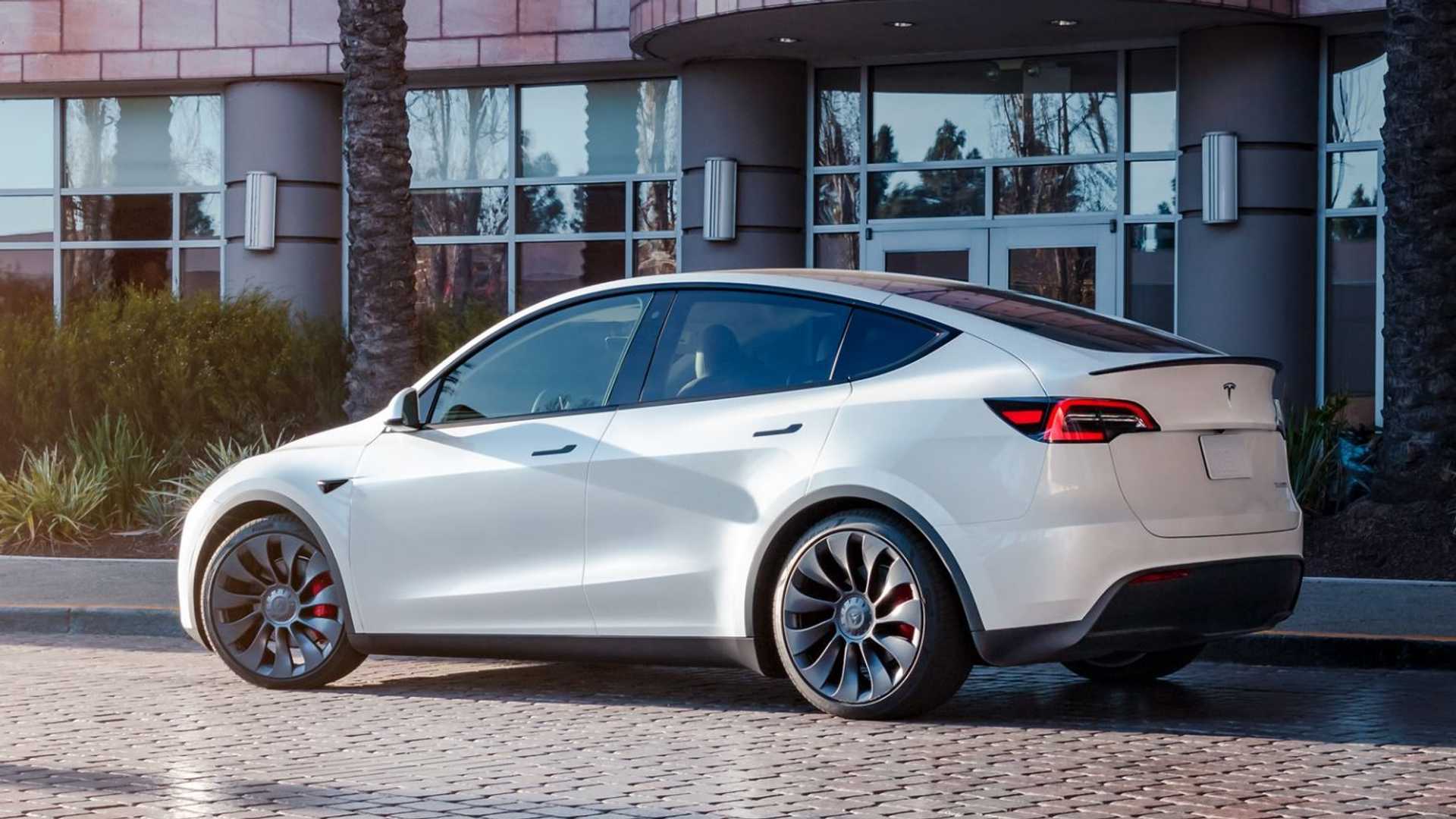
Tesla and Elon Musk are often touting the US EV maker's safety as compared to other brands and cars. We do know that Tesla's models tend to fare quite well in crash tests, especially the Model 3 and Model Y. The company also publishes safety reports on a regular basis, and now it's sharing its FSD Beta crash stats, which are quite impressive, though we need more information, perhaps from a third party.
Tesla has shared its Autopilot safety numbers over the years, and they've arguably impressed and improved. However, many folks have pointed out that the figures are skewed if you're trying to compare them to the average vehicle. This is because Autopilot miles are accumulated on the freeway, where fewer accidents occur. There are no intersections, and there are no traffic and obstacles in the same sense that there are on city roads.
Tesla's Full-Self Driving (FSD) Beta software allows the car to assist the driver in city driving with the ability to stop and go. It "sees" and observes stop signs and traffic lights, among a long list of other obstacles.
With that said, Tesla's stats regarding FSD Beta should give us more insight into how much help the technology is providing, and moreover, whether or not it's reducing the likelihood and/or the severity of traffic accidents. Not to mention that some 400,000 people are now using Tesla's FSD Beta technology in real-world driving.
According to Tesla, cars with FSD Beta engaged experienced a crash that resulted in airbag deployment every 3.2 million miles. Meanwhile, Tesla says the US average based on the most recent police-reported stats is an airbag-deployed accident every 600,000 miles.
As you can see, Tesla also notes that making its cars "autonomous" will increase their utilization. Thus, more people will have access to EVs and there will hypothetically be fewer crashes. Elon Musk has often noted in the past that if more cars had technology like Autopilot, there would be fewer crashes and vehicle-related fatalities.
If we can believe Tesla's stats as reasonably accurate, FSD Beta can be currently seen as about five times safer than a human driver without the technology. While it may never be possible to compare the two with 100% accuracy, it's no surprise that a technology that's designed to assist a driver is potentially reducing accidents and/or their severity.
The Insurance Institute for Highway Safety encourages advanced driver-assist systems and grants higher scores to vehicles that have certain safety technologies as standard, provided they work as advertised. If such safety features like front crash prevention didn't have benefits that outweighed their potential for harm, the IIHS likely wouldn't put so much emphasis on them.
Tesla's Model 3 and Model Y are both IIHS Top Safety Pick+ award winners, which is the organization's highest honor. They each received the top rating of "Superior" for their crash avoidance and mitigation systems, and the test cars were only running Autopilot since FSD Beta costs extra.
The other piece of the pie that must be considered here is human misuse. Sure, the car's tech features are designed to assist, and as long as the human driver is aware, alert, and ready to engage, the tech may help them avoid a crash. However, if they misuse the technology, don't pay attention, go to sleep, etc., it could result in a catastrophe. Head down to the comment section and let us know what you think.







